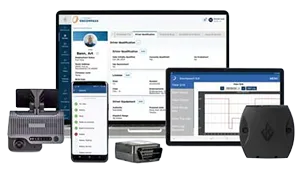News & Regulatory Alerts
Stay current on the critical safety and compliance news that impacts your business.
September 19, 2025
September 18, 2025
September 17, 2025
September 17, 2025
September 12, 2025
September 11, 2025
September 11, 2025
September 10, 2025
September 9, 2025
September 8, 2025
September 5, 2025
September 5, 2025
September 4, 2025
September 4, 2025
September 4, 2025
September 3, 2025
August 26, 2025
August 21, 2025
August 20, 2025
August 20, 2025
Showing 1 to 24 of 602 entries



